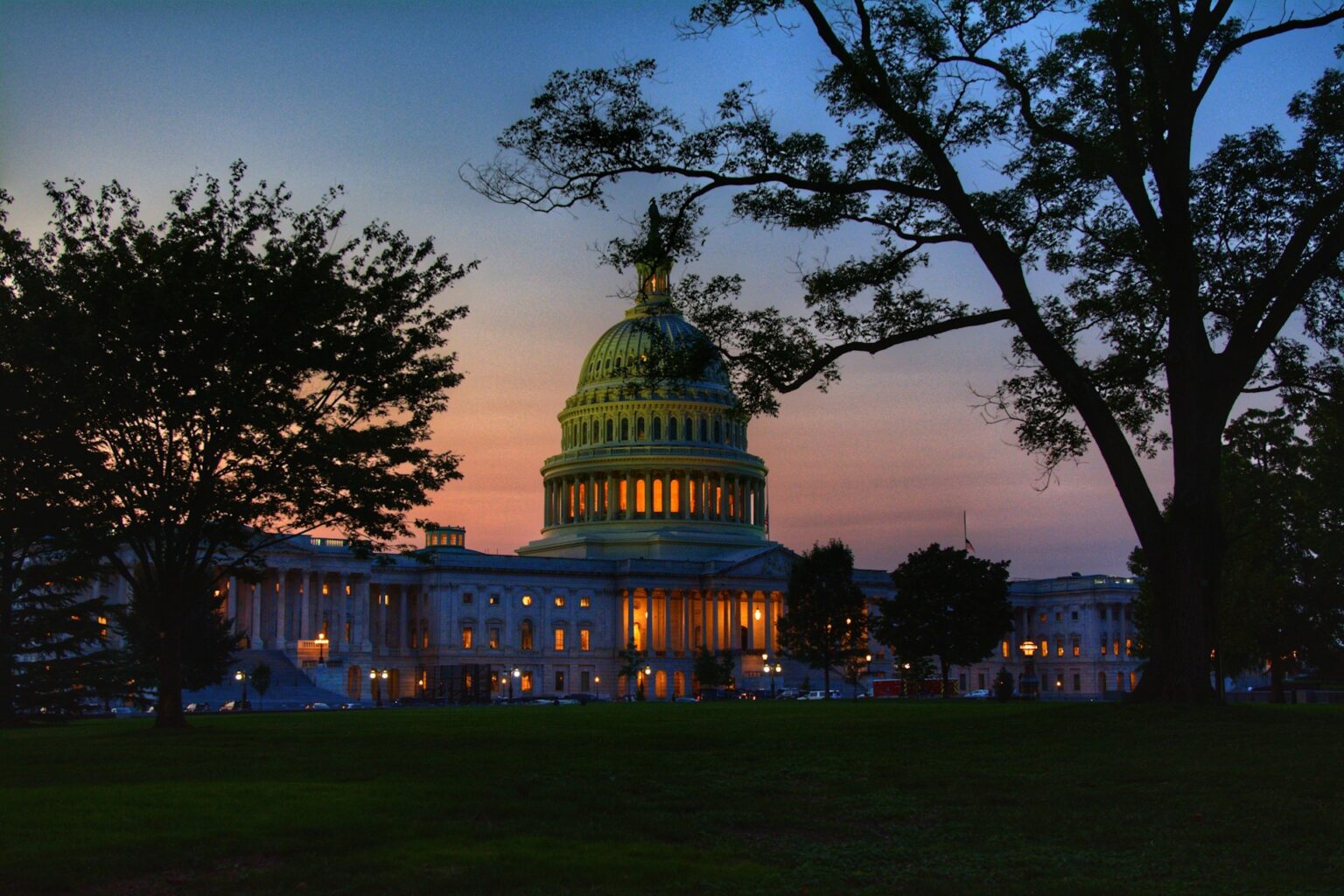In an era where digital currencies are reshaping the financial landscape, it’s crucial for both innovators and lawmakers to establish a balanced framework that fosters innovation while ensuring regulatory compliance. Recent developments in the U.S. Congress point towards this balance, as a collective of cryptocurrency policy advocates are pushing for legislation that shields software developers from onerous regulations. Their focus? Ensuring that those who create the underlying infrastructure of digital currencies are not unjustly treated as traditional financial entities. This move is part of a larger effort to craft an environment conducive to technological advancement.
Support Grows for Protecting Crypto Developers from Traditional Regulations
Policy Groups Advocate for Legislative Clarity
In a unified appeal, eight prominent organizations dedicated to cryptocurrency policy have recently petitioned U.S. Congress leaders to incorporate the Blockchain Regulatory Certainty Act (BRCA) into broader market structure legislation. This initiative aims to establish a secure harbor for software developers and infrastructure providers, protecting them from being misclassified in the financial regulation landscape.
The Blockchain Regulatory Certainty Act was initially introduced in 2023 by Republican Representative Tom Emmer and later reintroduced on May 21, 2025, with bipartisan backing from Democratic Representative Ritchie Torres. The act is pivotal for safeguarding software developers, ensuring they are not wrongfully designated as money transmitters unless they have active control over digital assets as part of their regular operations under the blockchain service they support.
The policy groups emphasize that those developing peer-to-peer, non-custodial software should not be equated with traditional financial institutions. Their statement underlines the importance of distinguishing between those who do not manage customer funds and financial entities that do. The BRCA recognizes this distinction, advocating that developers who do not control or hold customers’ assets should not be mandated to register as money transmission businesses.
Congressional Push for Digital Asset Clarity
A coalition of organizations, including the DeFi Education Fund, Coin Center, and Blockchain Association, is vocally supporting the inclusion of the BRCA within the broader Digital Asset Market Clarity Act of 2025. This legislative effort, spearheaded by French Hill, aims to create a comprehensive regulatory framework for digital assets in the U.S., promoting both consumer protection and innovation.
French Hill, Chairman of the House Financial Services Committee, introduced the bipartisan CLARITY Act on May 29, which represents a decisive step toward regulatory clarity in the digital asset sector. The legislation aims to address longstanding ambiguities, enhancing both corporate innovation and consumer safeguards.
The Financial Services Committee has scheduled discussions for June 10, 2025, to consider the CLARITY Act alongside several other financial bills. The DeFi Education Fund, reinforcing their advocacy, has highlighted the importance of protecting developers from undue regulatory pressures, emphasizing the opportunity Congress has to ensure fair treatment of non-custodial software protocol developers.
How does the Blockchain Regulatory Certainty Act impact software developers?
The BRCA is essential for software developers as it prevents them from being classified as money transmitters, unless they exert control over consumers’ digital assets. This distinction allows developers to innovate freely without being burdened by inappropriate financial regulations.
What is the Digital Asset Market Clarity Act of 2025?
The Digital Asset Market Clarity Act of 2025, also known as the CLARITY Act, is a legislative proposal aimed at establishing a clear regulatory framework for digital assets in the U.S. This act seeks to protect consumers, support innovation, and provide clear guidelines for the digital currency industry.
What role does the DeFi Education Fund play in crypto regulation advocacy?
The DeFi Education Fund advocates for policies that protect developers of decentralized financial systems from restrictive regulations. They work to ensure that innovative financial technologies can thrive without being subject to the same rules as traditional financial institutions.
This comprehensive guide to the evolving landscape of cryptocurrency policy examines the critical need for protective legislation that balances innovation with regulatory clarity. The FAQs offer deeper insights, enabling readers to navigate this complex terrain with confidence.

